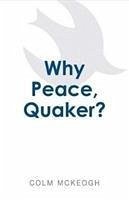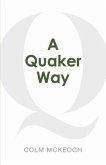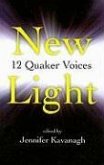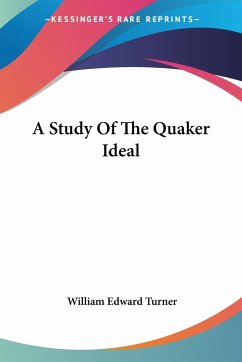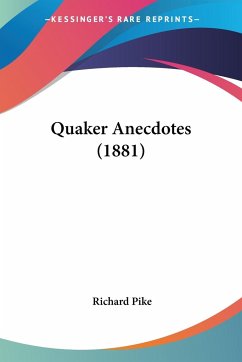Quakerism is not the peace testimony and the peace testimony is not pacifism but peace has a special place in Quakerism and here a Quaker gives four reasons why. The reasons are not uniquely Quaker and they can motivate the search for peace and also inform the use of force. In answering the question that is the title of this book, Colm McKeogh uses the four gospels to give expression to fundamental values that point towards peace. Peace is not the primary value of the gospels - Jesus does not say that peace is the way, the truth and the life. In the gospels however can be found teachings that underpin the value of peace, teachings to do with human potential, the faith that life can be better, the borders of the community and the nature of truth. First, the gospel of Matthew focuses on the full development of the individual. Second, Mark's gospel calls on us to believe that a better way of doing things is in our power. Third, Luke's gospel challenges us to see our common humanity as transcending borders of faith and nation. Fourth, the gospel of John reminds us that the truth about ourselves is something we seek still. In these four teachings of Jesus can be also found support for a Quaker commitment to peace. How much peace can there be if we are creative and not conformist, if we believe change is possible, if we challenge borders rather than be contained by them, and if we see our love as of enduring significance? That remains to be discovered.
Bitte wählen Sie Ihr Anliegen aus.
Rechnungen
Retourenschein anfordern
Bestellstatus
Storno

